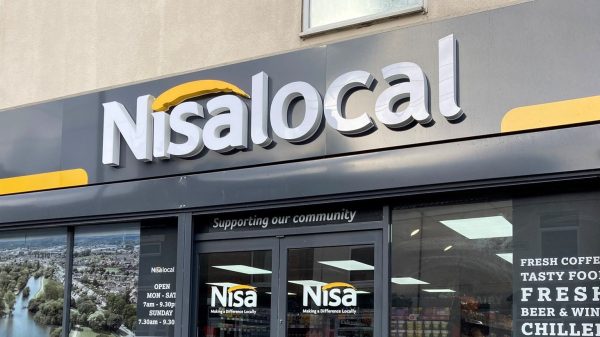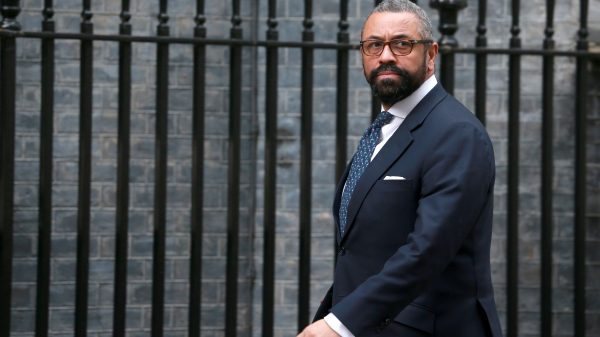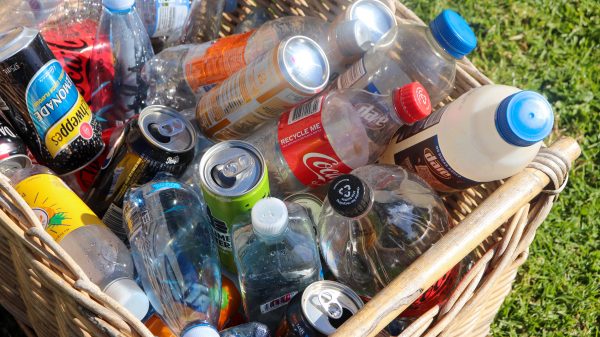Almost two-thirds of consumers have set strict spending limits on their weekly food shop, with a further 29.6% to set tighter budgets if costs continue to rise.
The data from the latest Retail Economics-Hyper Jar Cost of Living Tracker has also revealed dining out is becoming far less frequent with over 70% of the survey’s respondents looking to cut costs and stay in.
However, this could result in an increase in grocery shopping as 74.1% of households look to reduce the amount they spend on takeaways.
The news comes as some families were left with a budget of £135 to spend on non-essential items in June as discretionary income for middle-income households hit a 12.1% decline year on year.
For low-income families, this figure dropped further to 15.6%, leaving them with even less money in the bank after groceries, bills and transport were paid for.
The tracker also found that 8.2% of consumers would spend proposed tax cuts on non-essential items, with 8% adding this to savings. However, most respondents said they would put any money saved toward food costs and utility bills as prices continue to soar.
“The type of inflation we’re currently seeing is disproportionately impacting the most economically vulnerable,” Retail Economics CEO, Richard Lim told Retail Week.
“But conditions have worsened for average households too. The amount of spare cash families have after paying for essentials continues to decline at double-digit rates, leading to difficult choices that are having a real impact on retailers as consumers look to cut and limit spending where they can.
“The challenge for the next Conservative leader is implementing policies that will have a significant impact on consumer sentiment. Around two-thirds of households believe that potential tax cuts would be swallowed up straight away by rising food and utility costs.”
This news comes as food prices rose at the fastest rate since 2008 in August as inflation causes fresh food prices to increase by 10.5%.










